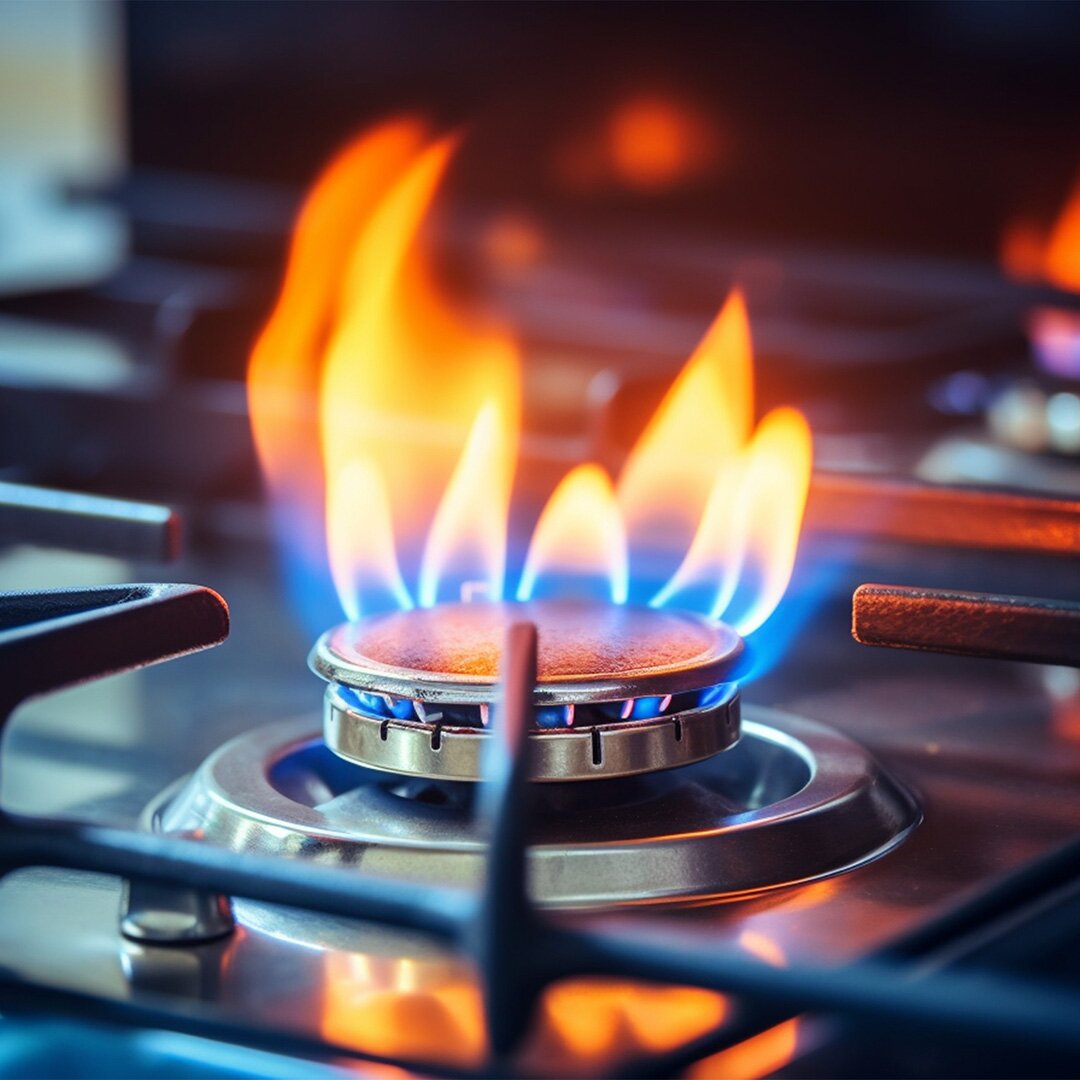7 Common Natural Gas Safety Mistakes
07/12/2024

At Gas South, being Georgia’s highest-rated natural gas provider means more than great rates, unparalleled service and supporting our employees and the communities we serve. It also means sharing our expertise when it comes to all things natural gas—especially when it comes to keeping you and your loved ones safe. This week, let’s look at seven common natural gas safety mistakes you’ll want to avoid.
- Ignoring Signs of a Gas Leak: On its own, natural gas has no scent. That’s why a foul-smelling odorant called Mercaptan is added. It smells like rotten eggs and makes it obvious when there’s a gas leak. If you smell this strong odor in your home or business, don’t ignore it. Alert others nearby and leave the area immediately. Never turn on lights or use electrical devices that could cause a spark. When everyone is safely out of the area, call 911 or the emergency number listed with your utility company to report the suspected leak.
Additionally, in some cases you may hear a hissing or whistling sound that alerts you to a possible gas leak. Or you or someone else in the home or business may begin to experience physical symptoms such as headaches, dizziness or nausea. All of these are good reasons to leave the area immediately and call for help, as they may indicate a leak. - Not Knowing How To Shut Off Gas: Homeowners and building occupants should be aware of the locations of various gas shut-off valves in and around a home or business in case of emergency. In addition to the main gas shut-off valve located outside near your gas meter, each natural gas appliance will typically have its own shut-off valve somewhere near the appliance. Knowing where these are can help prevent potentially dangerous situations.
- Leaving Your Gas Stove On Without a Flame: When you’re cooking on a gas stove, the gas is being safely consumed by the flames. But if the gas is left on when there’s no flame, it can build up in your kitchen and other parts of your home. This can cause a fire, explosion, carbon monoxide poisoning or oxygen displacement. To stay safe, be vigilant about turning your stove’s gas supply off when it’s not in use. If these fumes have been allowed to collect for 30 minutes or more, leave immediately and call for help.
- Lack of Emergency Planning: In case there’s ever a gas leak, you’ll want to have an emergency plan in place that everyone in your home or business knows about. This will help avoid confusion and delays about what to do or where to go in such an emergency.
- Improper Installation: When having natural gas appliances installed, it’s important to adhere to your local safety and building codes. The work should always be performed by someone who is licensed and experienced. A shoddy installation could result in a dangerous gas leak. Additionally, it’s a good idea to have your appliance inspected a few weeks or months after it was installed to make sure everything is working as it should.
- Blocked Vents: Most gas appliances are required by code to be vented, meaning any harmful gases are directed outside where they safely disperse. These vents are typically on roof tops or along exterior sidewalls. Make sure there’s never any debris or other objects that block their flow—common after severe weather and storms. Clogged vents can lead to a backflow of gas that’s not meant to be in your home or business.
- Ignoring Maintenance: Regular maintenance and inspection of natural gas appliances, fittings and pipes is important for safety, especially if you notice signs of wear, damage, hear unusual noises from appliances or notice they’re not working normally. Hire a licensed professional to make prompt repairs when they’re needed and consider having everything looked over professionally at least once a year as part of a routine maintenance schedule.
Thanks for reading our blog. As safe—and affordable—as today’s natural gas is, there are still a few safety considerations to always keep in mind, and we’re happy to help bring those to light.
 Help
Help Giving Back
Giving Back My Account
My Account Sign Up
Sign Up











